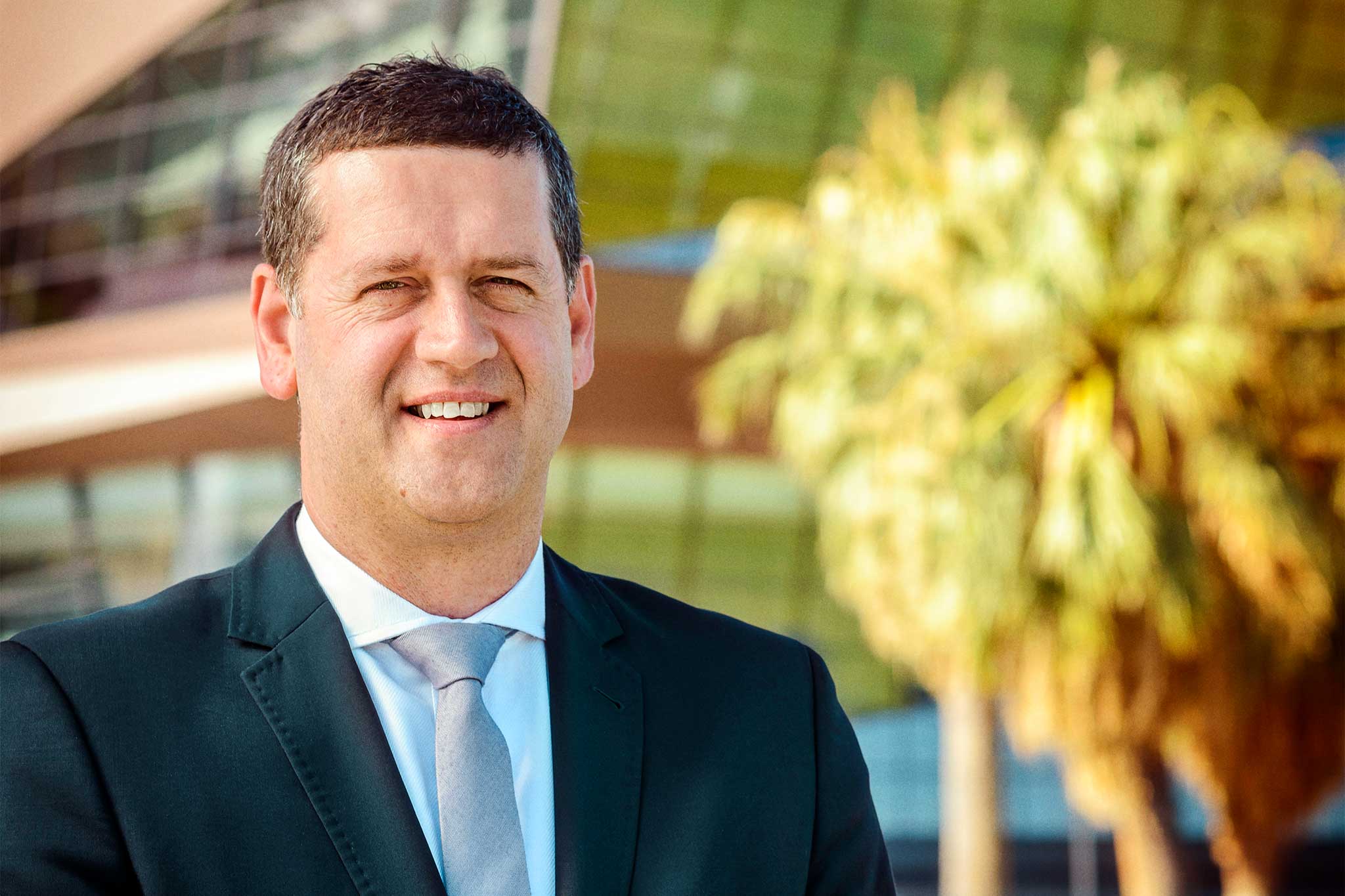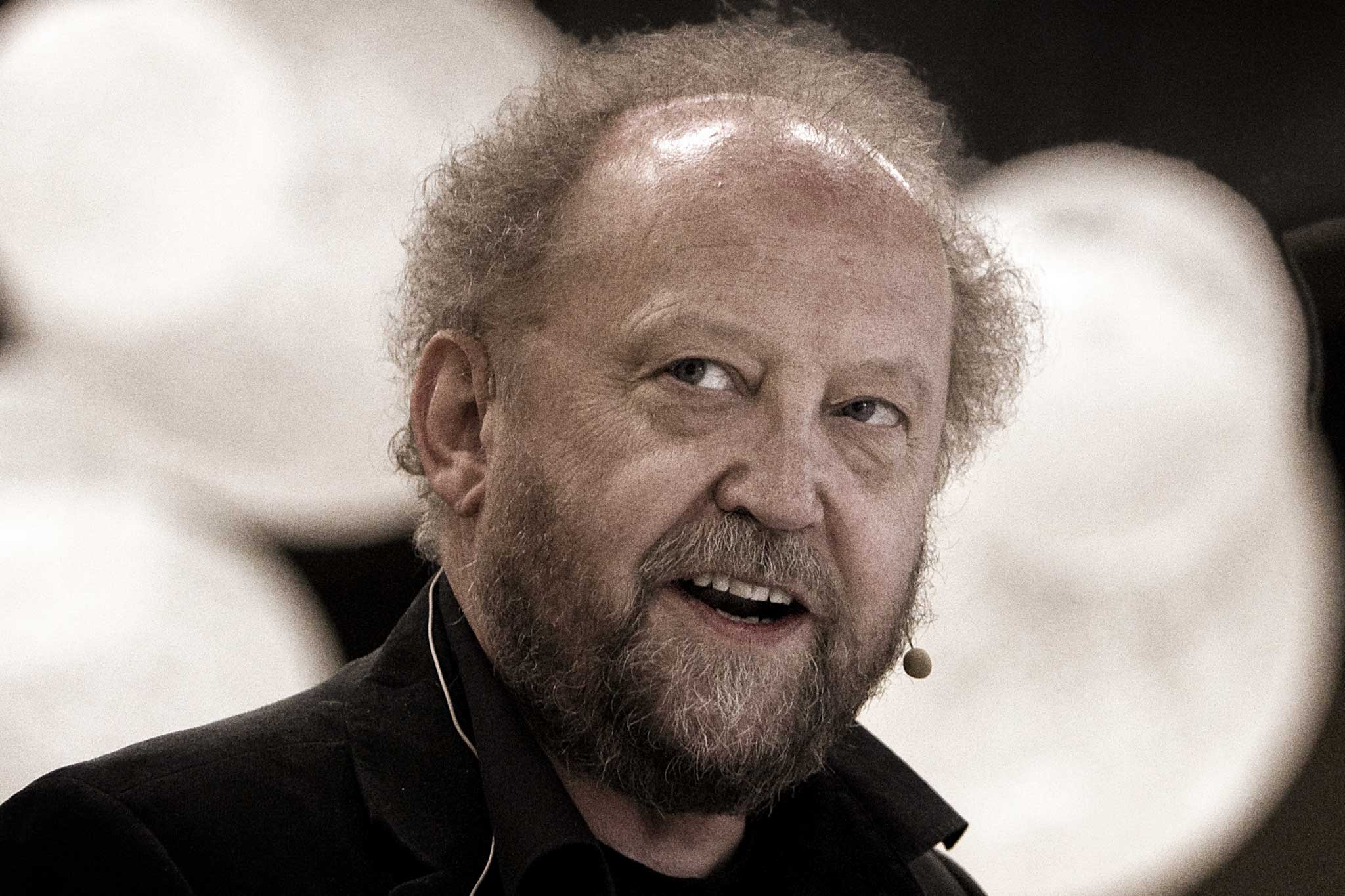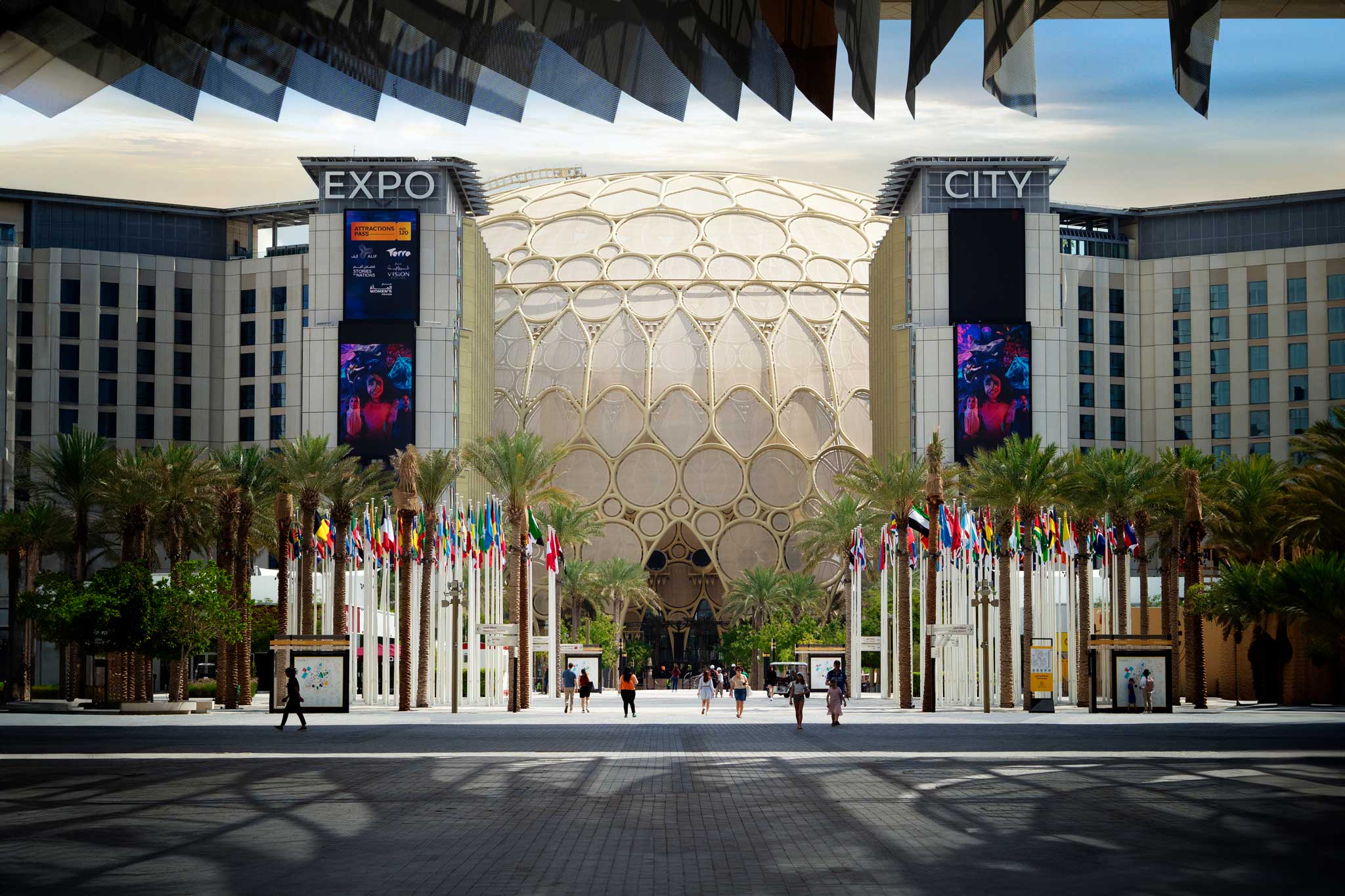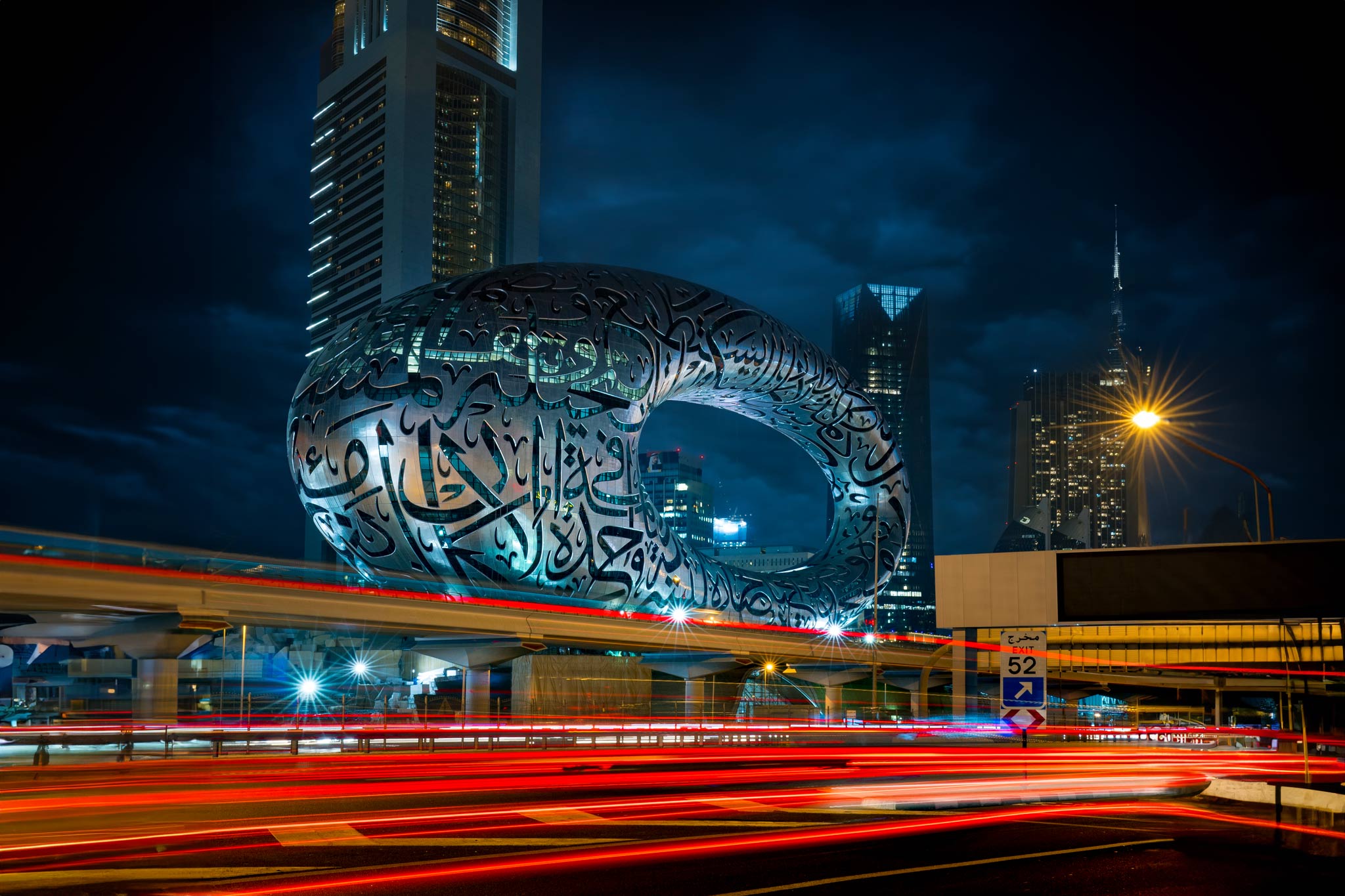Adelaide, Australia’s Convention City, has undergone a period of significant growth and development, which has further enhanced the city’s business events landscape and destination appeal for meeting and event planners. This transformation has included not only a multi-million-dollar expansion of the Adelaide Convention Centre (ACC) but also a significant investment in the city’s Riverbank Precinct, including the development of an ‘Innovation Corridor’ stretching from Biomed City in the city’s west through to the Lot Fourteen innovation neighbourhood in the east.
In 2010, the team at the ACC participated in the Convention 2020 study, focused on forecasting trends and the needs of delegates in the future. Major themes arising from the survey highlighted client demand for innovation, the importance of flexibility and functionality in terms of meeting spaces, and the growing role of technology.
The ACC addressed these themes in the planning and subsequent construction of its two-phase $397 million redevelopment, which was completed in 2017 and saw the centre emerge one of the world’s most modern, flexible and technologically advanced meetings and events venues.
While the ACC is indeed impressive and acts as the anchor point for Adelaide’s business events industry, the theme of ‘innovation’ extends beyond its walls to the city at large. Additional activity and development in the Central Business District (CBD) are actively helping position Adelaide as a ‘City of Innovation’ and in turn, helping capture the attention of associations and business event planners.
“Adelaide is very much a city in transformation; the South Australian government has injected serious energy and investment into reinventing the State economy and establishing the city’s future vision,” says Simon Burgess, General Manager, Adelaide Convention Centre.
“This investment, including new industry and infrastructure, is all contributing to Adelaide’s growing destination appeal for the business events industry in particular.”
Adelaide was once a city known for traditional manufacturing. The closure of the Mitsubishi factory in 2008 provided a catalyst for change, with the city moving its focus to advanced manufacturing and innovation.
You only need to look at the ACC’s immediate surroundings on the Adelaide Riverbank for evidence of the transformation. For those unfamiliar with the South Australian capital, the Adelaide Riverbank is a place where the city’s entertainment, sporting, cultural, education, medical and conferencing zones merge, making it Australia’s best-connected business events district. Tracing the Riverbank also lies the city’s newly established ‘Innovation Corridor’. The convention centre proudly sits at the core of this new zone.
“Adelaide is very much a city in transformation”
Bordering the ‘Innovation Corridor’ to the west lies the $3.1 billion Biomed City, one of the largest health and life science precincts in the Southern Hemisphere. It comprises the new Royal Adelaide Hospital and the South Australian Health & Medical Research Institute (SAHMRI), along with the University of Adelaide’s Health and Medical Sciences facility and the University of South Australia’s Cancer Research Institute.
The precinct is set to further expand with the addition of SAHMRI 2, which will be home to the Australian Bragg Centre for Proton Therapy and Research, the Southern Hemisphere’s first proton therapy unit. SAHMRI 2 is earmarked for completion in 2023.
“If we could choose our neighbours, Biomed City would have been at the top of our list, particularly for a venue like ours where medical and health-related conferences account for more than one third of our business,” says Simon Burgess.
“Our positioning right next door to Biomed City has undoubtedly helped bolster Adelaide’s reputation as a leading and innovative medical conference capital. It makes for a unique proposition for conference organisers, providing valuable support in everything from access to delegates and speakers to the ability to facilitate tours of world-leading facilities.
“Biomed City provides conferences coming to Adelaide with a ready supply of speakers and delegates, with more than 2,000 researchers and thousands of academics, staff and clinicians on our doorstep. SAHMRI is a definite drawcard, having successfully attracted many leading experts from around the world. This coupled with the next wave of medical professionals in the University of Adelaide’s Health & Medical Sciences Building and the University of South Australia’s Cancer Research Institute, provide a multitude of opportunities for knowledge transfer. Our close proximity to Biomed City also makes it easy for conference organisers to include precinct tours in their programmes as an experiential element, with zero need for transportation.”
Simon Burgess goes on to add that Biomed City’s positioning next door to the convention centre has also helped his team focus their research efforts on the key themes of the precinct, and hence provide natural synergies and added value for associations and conference clients. SAHMRI has five key research themes: Precision Medicine; Lifelong Health; Aboriginal Health Equity; SAHMRI Women and Kids; and SAHMRI Impact.
“We’re always on the lookout for opportunities that connect with these themes. We even teamed up with leading nutritional experts at SAHMRI to develop our Honest Goodness menu, which is focused on mindful eating, and has an emphasis on minimal intervention foods and the conscious reduction of processed elements.”
“Biomed City provides conferences coming to Adelaide with a ready supply of speakers and delegates”
A short stroll east of the convention centre is Lot Fourteen, Australia’s first “creation and innovation neighbourhood,” which is dedicated to showcasing some of the world’s fastest-growing industries, including artificial intelligence, cybersecurity, robotics, defence and space technologies, media and creative industries. The precinct is spearheaded by the Australian Space Agency which is a lasting legacy from the 2017 International Astronautical Congress which was held at the Adelaide Convention Centre. The Space Agency officially opened in February 2020 and will be joined by a new Mission Control and Space Discovery Centre in 2021, further bolstering the city’s strengths in space and defence and providing exciting opportunities for knowledge transfer. Beyond these, the Lot Fourteen precinct is also home to the Australian Institute of Machine Learning and Australian Cyber Collaboration Centre, as well as the MIT big data Living Lab, which is committed to driving further innovation by crunching massive amounts of data. Bringing together students, researchers and commercial interests to develop popular products, Adelaide’s MIT Living Lab is one of only four in the world. The others are located in New York, Beijing and Istanbul.
“From a conferencing perspective, the establishment of Lot Fourteen further reinforces South Australia’s strengths in the fields of technology, innovation and discovery,” says Simon Burgess.
In addition to Biomed City and Lot Fourteen, Adelaide is also home to the Tonsley innovation neighbourhood, which occupies the site of the former Mitsubishi factory. Located just 10 km from the CBD, it is another example of where academic research meets corporate reality to deliver practical outcomes. Dedicated to hi-tech manufacturing and R&D, Tonsley’s focus sectors reflect the State’s major economic strengths and opportunities, including health, medical devices and assistive technologies; cleantech and renewable energy; software and simulation; and mining and energy services.
There is, however, lots more to Adelaide than these innovation hubs. Further development in the city centre, including new hotel infrastructure and airport expansion, is helping further broaden the South Australian capital’s appeal.
These include the $330 million casino expansion (2020), complete with a new 123-room luxury hotel and spa; along with the $165 million Adelaide Airport development (2021), which is focused on expanding the airport’s international terminal. There is also a string of new hotels in the pipeline, including the five-star Westin and Sofitel brands. In total, the city has more than 2,000 hotel rooms in development.
“With so much change and infrastructure development in our city, it is an exciting time in Adelaide. The enviable cooperation between research and educational institutions, industry and government will help further reinvent our State and city over the next decade, providing even more reasons why people should revisit Adelaide,” says Simon Burgess.
Simon Burgess is the General Manager at Adelaide Convention Centre (ACC) and has been instrumental in increasing levels of business to match the new capacity of ACC following its $397 million development. Over the years, he has held a range of senior management roles in hotels, destination marketing and tour operation across Australia, North America, Europe, Asia and the Caribbean.
Knowledge sectors at a glance
Key South Australian Industries In addition to an intense focus on the medical industry, Adelaide, South Australia enjoys a strong reputation for innovation and discovery and excels in the fields of technology, education, agriculture and defence.
Technology & Innovation Adelaide’s strong reputation for innovation and discovery makes it an engaging and relevant destination for the sharing of knowledge, best practice and resources when it comes to tech-nology and innovation.
Education South Australia prides itself on being Australia’s ‘Knowledge State’; home to three world-class public universities, international education remains the State’s largest service export with students from 125 countries coming to study in Adelaide each year.
Agriculture Agriculture is a key economic priority for South Australia, employing one in five local residents. Benefitting from a clean, green, environment, the State enjoys a global reputation for food and beverage production, as well as for its strengths in food safety, biosecurity, freight, cold chain logistics and more.
Defence Adelaide is widely recognised as Australia’s defence centre and is the headquarters for much of the country’s defence industry research, development and investment. Illustrating the State’s active participation in this field, South Australia is home to the Future Submarines Project, along with the Australian Space Agency.





